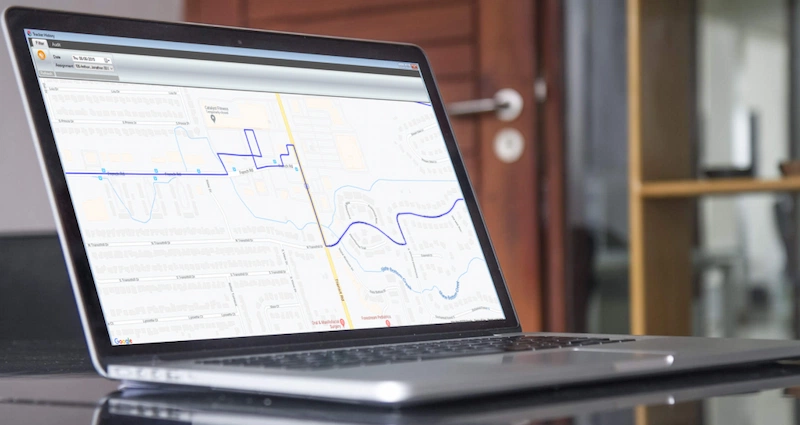BLOG
Starting a NEMT Business in New Hampshire? Here's What You Need To Know...
Starting a Non-Emergency Medical Transportation (NEMT) business in New Hampshire is a promising venture, given the increasing demand for accessible medical transport services. Here’s a comprehensive guide to help you navigate the process:
1. Understand State Regulations
Familiarize yourself with New Hampshire’s specific requirements for NEMT services. The New Hampshire Department of Health and Human Services (DHHS) oversees these services and periodically releases Requests for Applications (RFAs) for providers. For instance, the RFA-2024-NHH-01-EMERG sought qualified applicants to provide medical transportation services to patients of New Hampshire Hospital. While this particular RFA has closed, it offers insight into the state’s standards and expectations.
2. Establish Your Business Structure
Decide on the legal structure of your business—options include Sole Proprietorship, Partnership, Limited Liability Company (LLC), or Corporation. Each has its advantages and implications for liability and taxation. Consulting with a legal professional can help determine the best fit for your situation.
3. Register and License Your Business
Business Registration: Register your business name and entity with the New Hampshire Secretary of State.
Licensing: Ensure you obtain all necessary licenses and permits to operate an NEMT service in New Hampshire. This may involve specific vehicle and driver certifications. Refer to the New Hampshire Bureau of Emergency Medical Services for detailed guidelines.

4. Acquire Suitable Vehicles
Invest in vehicles that comply with the Americans with Disabilities Act (ADA) to accommodate passengers with various mobility needs. Features might include wheelchair lifts, stretcher accommodations, and securement systems. Prioritize safety, reliability, and comfort.
5. Obtain Appropriate Insurance
Secure comprehensive insurance coverage for your vehicles, passengers, and business operations. This typically includes general liability, auto insurance, and workers’ compensation. Insurance requirements can vary, so it’s essential to consult with providers familiar with NEMT services.
6. Develop a Pricing Structure
Research local market rates to establish competitive pricing for your services. Consider factors such as distance, special accommodations, and operational costs. On average, NEMT services charge between $20 and $60 per hour, but rates can vary based on location and specific services offered.
7. Implement a Marketing Strategy
Promote your services to potential clients and healthcare facilities. Effective strategies include:
Networking: Build relationships with local hospitals, clinics, senior centers, and rehabilitation facilities.
Digital Presence: Develop a professional website and utilize social media platforms to reach a broader audience.
Printed Materials: Distribute brochures and business cards in community centers and medical offices.
8. Stay Informed and Compliant
Regularly update yourself on state regulations and industry best practices. Compliance with state guidelines ensures the safety of your passengers and the legitimacy of your business. For detailed information on non-medical transportation services, refer to the New Hampshire Administrative Code.
Conclusion
Embarking on an NEMT business in New Hampshire requires careful planning, adherence to state regulations, and a commitment to providing safe, reliable transportation services. By following these steps, you’re well-positioned to establish a successful and impactful NEMT business.
If you’re looking for a reliable dispatching solution for your NEMT business, consider RoutingBox to streamline operations and enhance service efficiency.
Ready for a Test Drive?
From the beginning, RoutingBox has remained committed to removing barriers for transportation companies attempting to provide access to healthcare and community services. Now, we want to help you.
